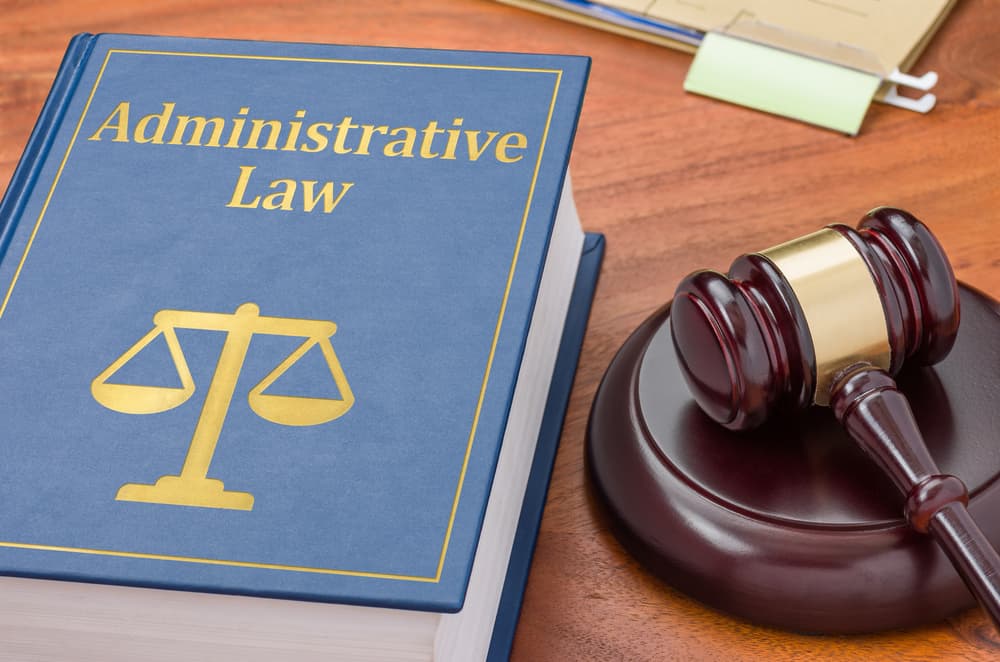Receiving a denial for your disability claim can be disheartening, but it’s important to remember that this is not the end of the road. In Ohio, as in other states, you can appeal a denied disability claim.
A disability lawyer can guide you through the process of appealing a denied disability claim in Ohio, and provide the information you need to move forward.
Understanding Why Your Claim Was Denied
Before diving into the appeals process, you must understand why your claim was denied.

The Social Security Administration (SSA) provides several reasons for denying disability claims, such as:
- Lack of medical evidence
- Insufficient work credits
- Income exceeding the Substantial Gainful Activity (SGA) limit
- Failure to follow prescribed treatment
- Incomplete application or missing documentation
Carefully review your denial letter, as it should explain the specific reason(s) for the denial. This information will play a big part in preparing your appeal.
The Four Levels of Appeal
In Ohio, there are four levels of appeal for denied disability claims:
- Reconsideration
- Administrative Law Judge (ALJ) Hearing
- Appeals Council Review
- Federal Court Review
Let’s examine each level in detail.
1. Reconsideration
The first step in the appeals process is to request a reconsideration. This must be done within 60 days of receiving your denial letter. During reconsideration, a different examiner who was not involved in the initial decision will review your claim.
To request a reconsideration:
- Complete Form SSA-561 (Request for Reconsideration)
- Submit any new medical evidence that supports your claim
- Provide updated information about your condition and how it affects your daily life
The reconsideration process typically takes 3-5 months. If your claim is denied again, you can move to the next level of appeal.
2. Administrative Law Judge (ALJ) Hearing

You can request a hearing before an Administrative Law Judge if the SSA denies your reconsideration. You must file this request within 60 days of receiving the reconsideration denial.
To request an ALJ hearing:
- Complete Form HA-501 (Request for Hearing by Administrative Law Judge)
- Gather additional medical evidence to support your claim
- Consider seeking legal representation (more on this later)
The ALJ hearing is your best opportunity to present your case in person. You can testify about your condition, and the judge may call medical or vocational experts to provide additional testimony. This level of appeal typically takes 12-18 months, depending on the backlog of cases.
3. Appeals Council Review
If the ALJ denies your claim, you can request a review by the Appeals Council. You must make this request within 60 days of the ALJ’s decision.
To request an Appeals Council review:
- Complete Form HA-520 (Request for Review of Hearing Decision/Order)
- Provide any new evidence that wasn’t available at the time of the ALJ hearing
- Explain why you believe the ALJ’s decision was incorrect
The Appeals Council can deny your request for review, approve your claim, or send your case back to the ALJ for further review.
4. Federal Court Review

If the Appeals Council denies your request or rules against you, the final step is to file a civil action in Federal District Court. You must do this within 60 days of receiving the Appeals Council’s decision.
Filing a lawsuit in federal court is a process that typically requires the assistance of an experienced disability attorney.
Be sure to:
- Meet all deadlines: The 60-day deadline for each level of appeal is crucial. Missing a deadline can result in having to start the entire process over.
- Gather new medical evidence: Continually update your medical records and obtain detailed statements from your treating physicians about how your condition limits your ability to work.
- Be consistent: Ensure that all information you provide is consistent across all forms and testimony.
- Keep detailed records: Document all communications with the SSA, including dates, times, and names of representatives you speak with.
- Get legal representation: An experienced disability attorney can significantly improve your chances of a successful appeal.
The Importance of Legal Representation

Having legal representation can increase your chances of success. An experienced disability attorney can:
- Help you gather the necessary medical evidence
- Ensure all forms are completed correctly and submitted on time
- Prepare you for your ALJ hearing
- Cross-examine medical and vocational experts at your hearing
- Present your case in the most favorable light
Many disability attorneys work on a contingency basis, meaning they only get paid if you win your case.
Continuing Disability Reviews
Even if your appeal succeeds and you obtain benefits, the SSA conducts periodic reviews to ensure you still meet the criteria for disability.
These Continuing Disability Reviews (CDRs) typically occur every 3-7 years, depending on the nature of your disability.
Schedule Your Free Consultation with a Disability Lawyer Today
Appealing a denied disability claim in Ohio can be a lengthy process, but it’s often worth the effort. Remember to act quickly, gather medical evidence, and get legal representation.
The team at Liner Legal, LLC is here to help guide you through the appeals process and fight for the benefits you deserve. Contact us today for a free consultation, and let us put our experience to work for you.







